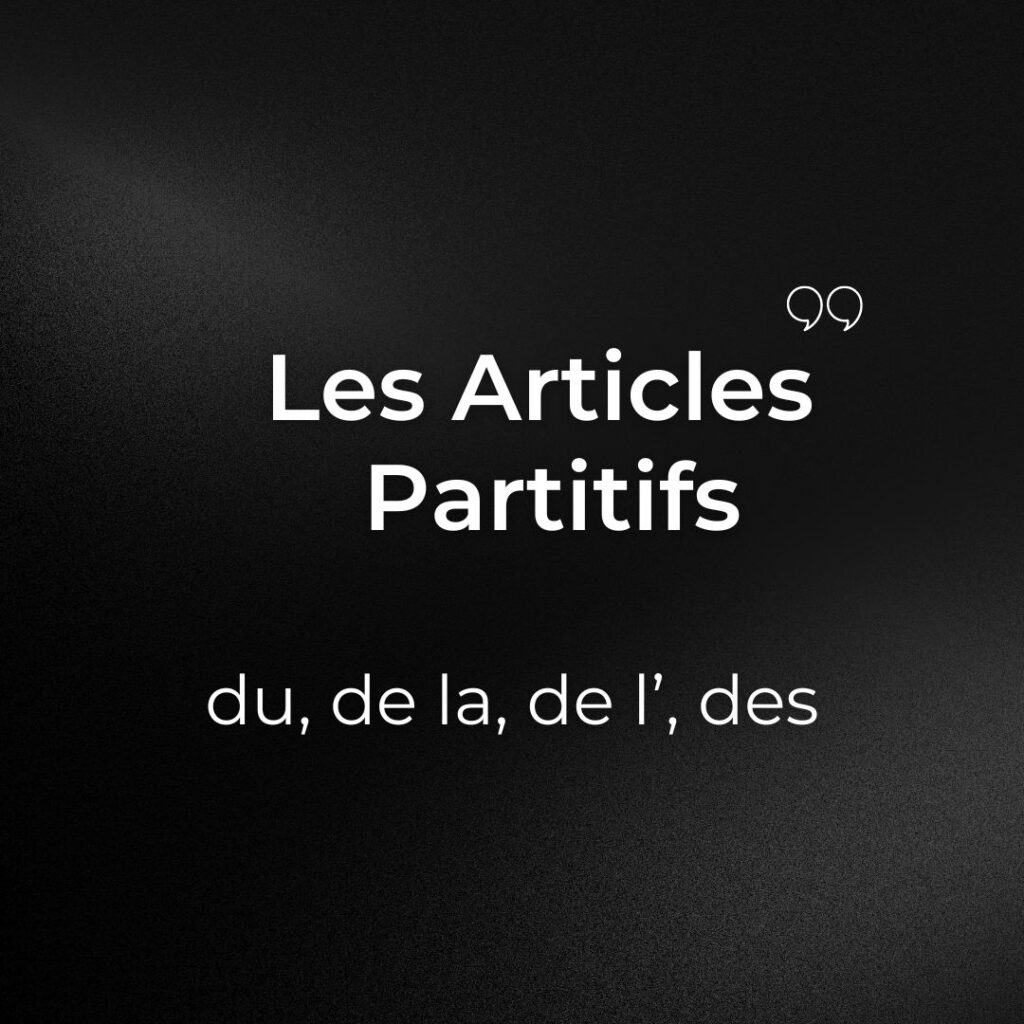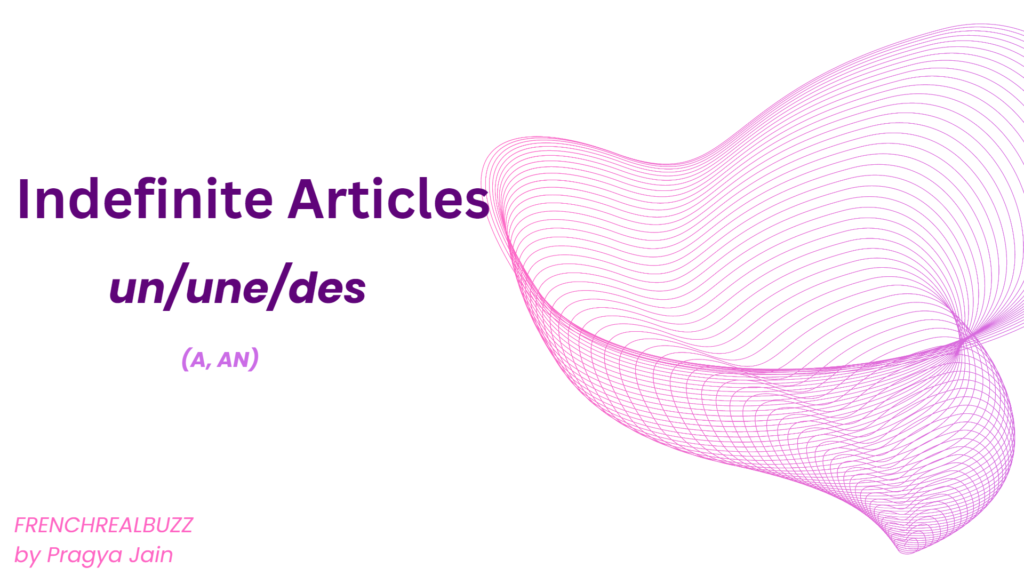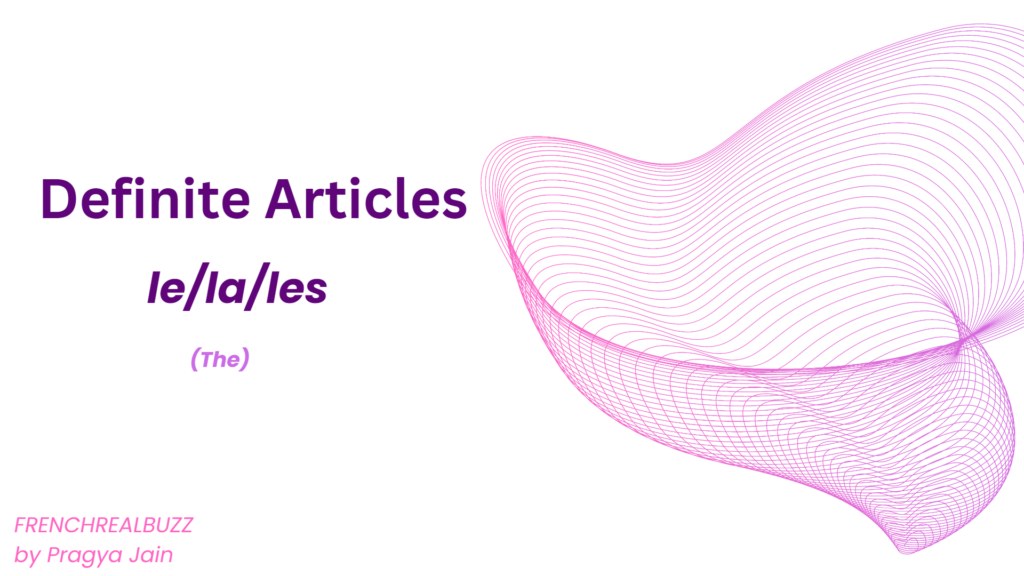The French article: les articles partitifs is used to express an uncountable or undefinite quantity of an item. An unknown quantity of something usually indicate by Partitive Articles as it means “some” or “any” in English.

It defines an unprecised quantity which is usually in the case of drinks or food. The partitive article used depends on the gender and number of the noun.
| du | for masculine noun |
| de la | for feminine noun |
| de l’ | for nouns starting with a vowel |
| des | for plural noun |
Examples of Partitive Articles
- Il prend du café.
- Elle mange de la salade.
- Ils boivent du thé.
- Nous prenons de la limonade.
- Vous avez de l’eau.
- Elles achètent des bonbons.
*With the above-mentioned articles, it might be confusing to understand the partitive article and the indefinite article. So to clear the doubt let us recall once again that the unknown/unprecised/unidentified quantity of something is expressed by using Partitive Articles. But when the quantity is specified and is countable/known then the Indefinite Article is used.

- For ex. Il mange du gâteau. (He eats some cake)
- Il mange un gâteau. (He eats one/a cake)
* Partitive articles, these articles indicate a portion or some of the whole, rather than a specific quantity. But when we are talking in the general sense or something about a precise quantity, we use les articles défini. For ex.

- Il mange le gâteau chocolat, voulez-vous du gâteau?
- Ils achètent des bonbons et j’achète le chocolat blanc.
- Je préfère le thé.
- Veux-tu du thé?
Negation of Partitive Articles

Like Indefinite articles, Partitive articles also change to “de” in negation. For ex.
- Il mange du gâteau. — Il ne mange pas de gâteau.
- Nous prenons de la limonade. — Nous ne prenons pas de limonade.
- Vous avez de l’eau? — Vous n’avez pas d’eau?
